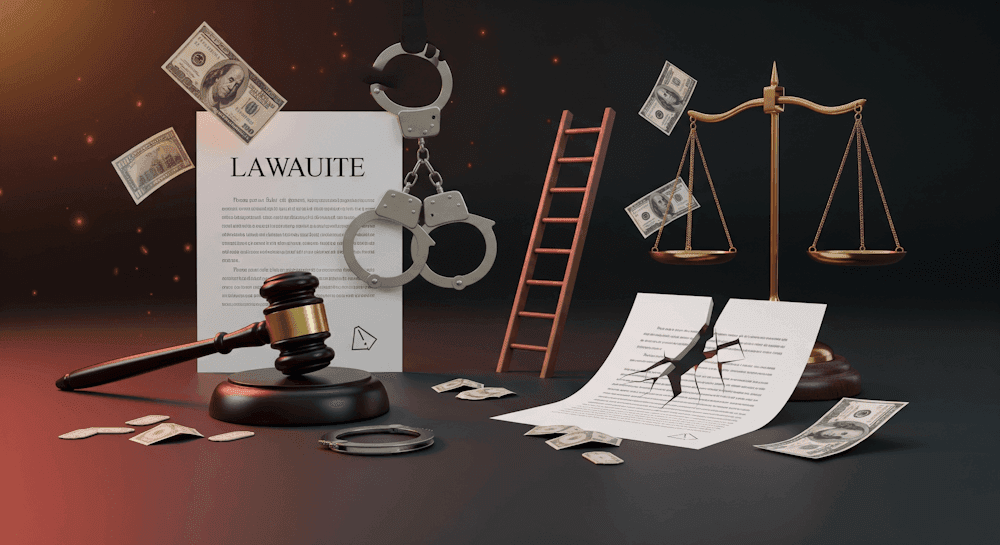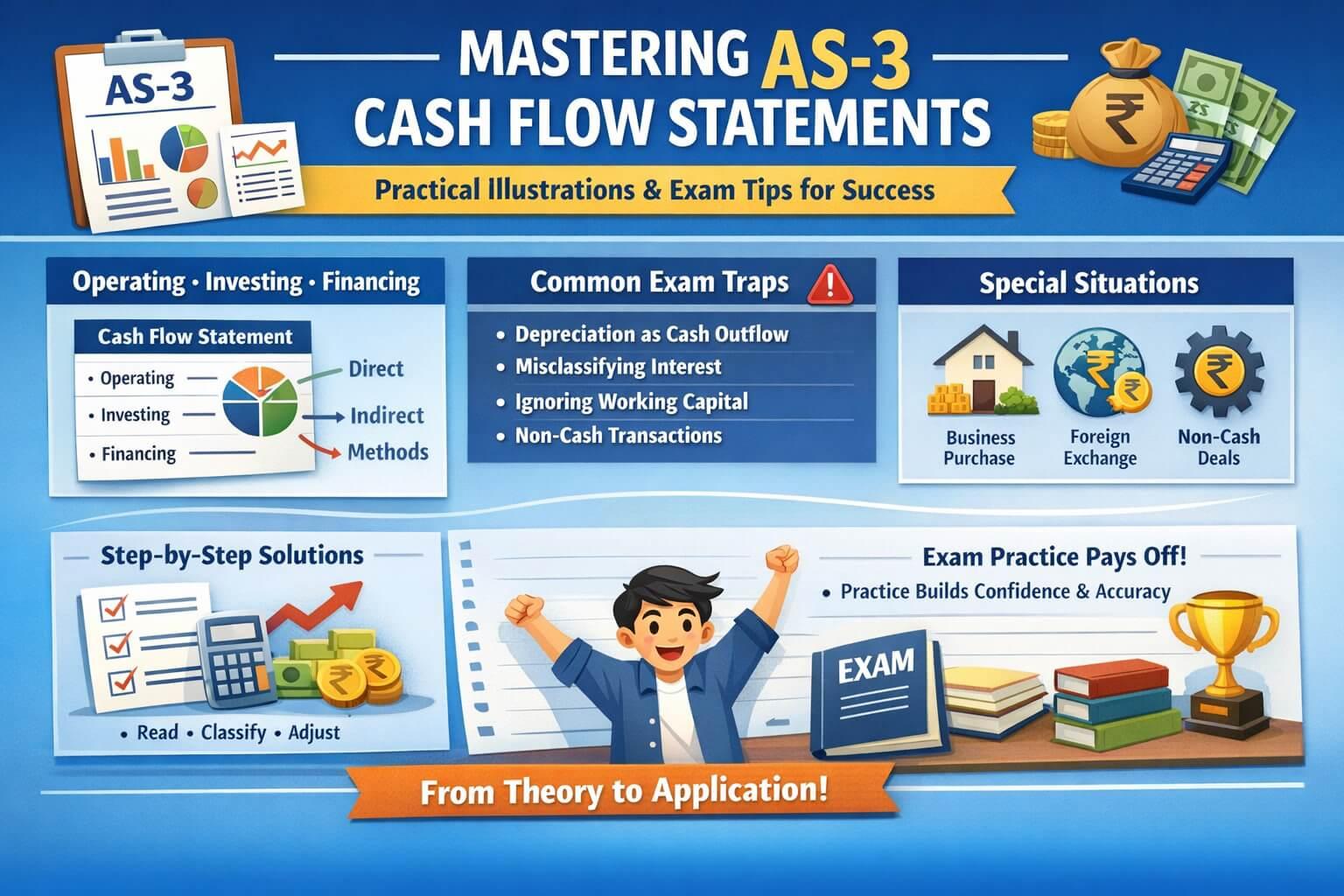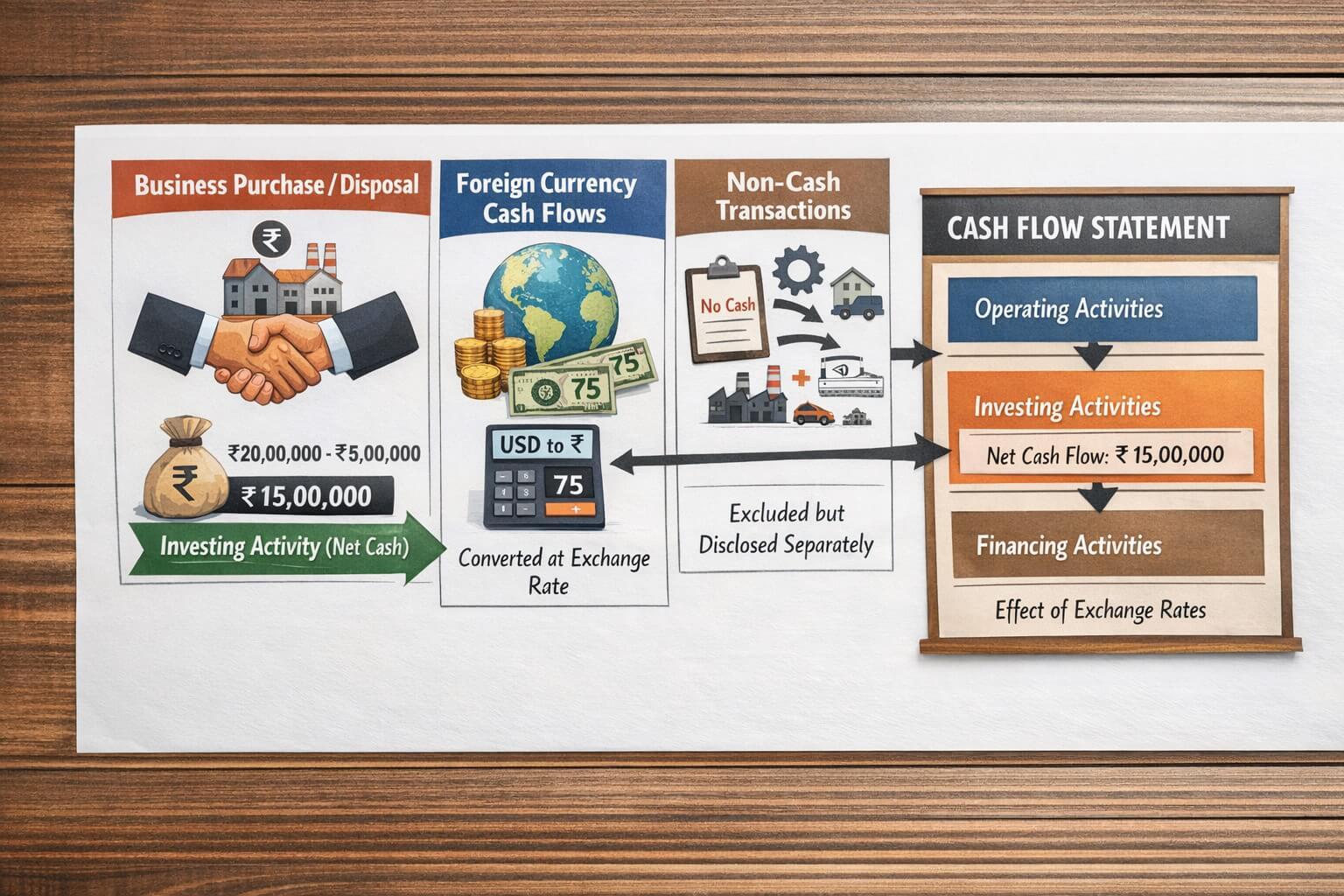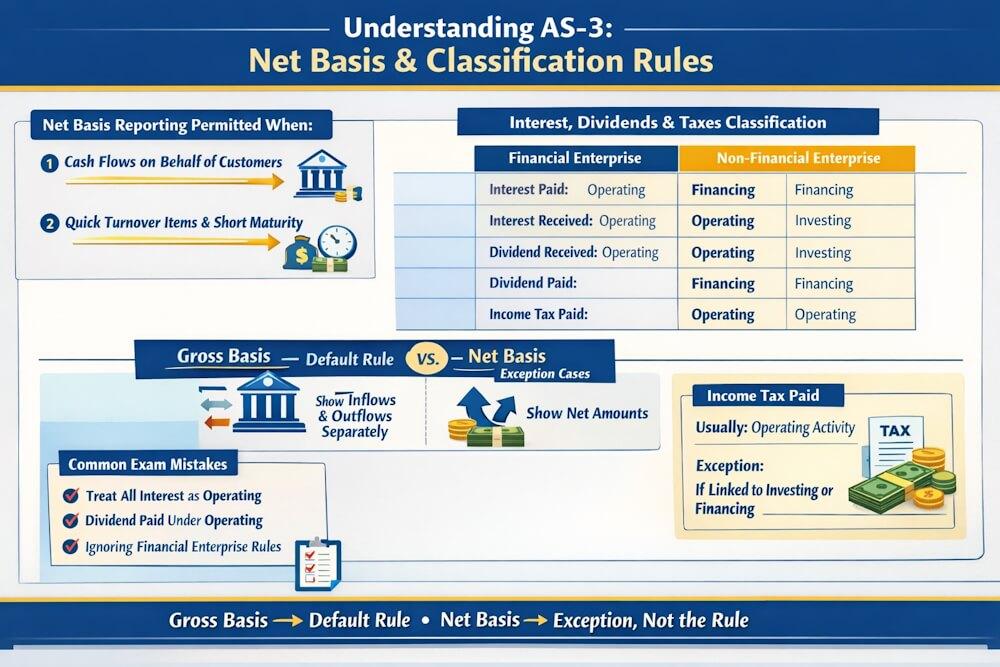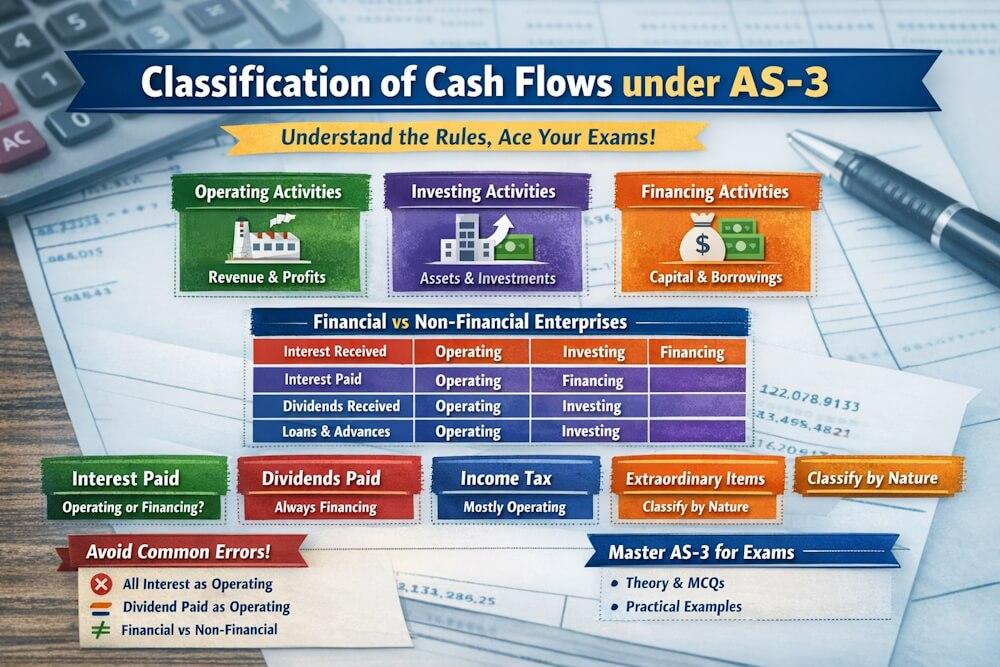Most people think a breach of confidentiality just gets you “talked to” by HR. Or maybe written up.
But here’s the truth: if you leak confidential information—intentionally or not—you could be in deep legal trouble.
That means lawsuits. Fines. Even criminal charges in some cases.
So, if you're wondering what can actually happen if you mess up or get caught leaking data, this blog breaks it down. Simple, raw, and no sugarcoating.
First Off: Is Breaking Confidentiality a Crime?
Short answer: It can be.
Not every breach ends in a courtroom, but a lot of them can get you sued. And yes—some can lead to criminal charges, especially if trade secrets or sensitive personal data are involved.
Confidentiality breaches fall under:
- Common law torts (basically civil wrongs)
- Employment contract violations
- Data protection regulations (like India’s Digital Personal Data Protection Act or GDPR in Europe)
- Criminal law, when there’s theft, fraud, or intent to cause harm
1. Civil Lawsuits (Where the Employer Sues You)
This is the most common legal consequence.
Your employer—or a client—can file a civil case against you if:
- They suffer financial loss because of what you shared
- You leaked trade secrets
- You violated a signed non-disclosure agreement (NDA)
- You shared data you weren’t authorized to
If they can prove you caused damage? You might be on the hook for:
- Compensatory damages (to cover their actual losses)
- Punitive damages (to punish you or set an example)
- Legal fees (yep, you might have to pay their lawyers too)
Even if they can’t prove exact monetary loss, some courts still award damages based on the risk you created. That’s brutal.
2. You Could Get Fired Instantly
Even without a lawsuit, your job could be over the moment the breach is discovered.
Most employers don’t need a special clause in your contract to fire you for leaking sensitive info—it’s already covered under standard confidentiality expectations.
Termination is likely if:
- You leaked client info
- You shared private employee data
- You sent out internal documents to outsiders
- You posted workplace matters on social media
And yeah, it doesn’t matter if you didn’t mean to. Accidental leaks can still lead to termination. It’s about the impact, not the intention.
3. Criminal Charges (For Serious Breaches)
Okay, not every confidentiality mistake gets the police involved. But some do.
If you:
- Stole trade secrets
- Accessed data you weren’t supposed to (think: hacking, impersonating someone for access)
- Leaked health or financial records intentionally
- Gave sensitive info to a competitor
- Tampered with or destroyed company data
...you could be charged under:
- India’s Information Technology Act
- Specific penal code provisions around fraud, theft, or cheating
- Digital data protection laws in your country
And no—saying “I didn’t know it was that serious” won’t save you in court.
Penalties vary, but serious cases could mean:
- Heavy fines
- Imprisonment
- A permanent criminal record
4. Long-Term Career Damage
Let’s say you don’t get sued or charged. You still might never recover from a major breach.
Confidentiality violations = broken trust. And in close-knit industries (like law, finance, healthcare, tech), word spreads.
So what happens?
- Recruiters drop you
- Hiring managers reject your applications
- Former colleagues avoid recommending you
- You get stuck explaining the “gap” in your resume at every interview
Even if you were great at your job, people won’t want the risk.
5. Violating NDAs or Employment Agreements
If you’ve signed a non-disclosure agreement (NDA) or a specific confidentiality clause in your employment contract, and you break it?
That document can—and will—be used against you in court.
NDAs usually cover:
- Trade secrets
- Internal reports
- Customer and supplier lists
- Pricing strategies
- Any internal business methods or processes
Violating one doesn’t just make you look bad. It makes you legally liable.
Can You Defend Yourself?
Sure, sometimes. There are exceptions. You might get a lighter consequence if:
- You acted under legal obligation (e.g. whistleblowing in public interest)
- You had written permission
- You genuinely didn’t know the information was confidential—but even that’s hard to prove
Still, most defenses don’t hold up unless you were extremely careful and followed all the rules.
How to Avoid This Entire Mess
Not rocket science, but worth repeating:
- Think before sharing. Is this data sensitive? Is the person asking for it authorized?
- Don’t take shortcuts. No emailing stuff to your personal account. No saving to USB without approval.
- Understand your contract. Read your NDA. Know what you're responsible for.
- Report mistakes fast. If you slip, own up immediately. The faster you act, the more respect you keep.
- Keep work and personal lives separate. Don’t mix messages, devices, or logins.
Final Thoughts
Breaking confidentiality isn’t always about being shady. Sometimes it’s just one lazy moment or one missed detail.
But the consequences? They’re very real.
One data leak. One wrong forward. One overheard convo. That’s all it takes to lose your job, face legal action, or burn your career.
So don’t assume your mistake will fly under the radar. The smart move? Stay sharp, stay ethical, and always treat private info like gold.
- Next Up: Trade Secrets vs Copyright: What’s the Difference?
- Missed Blog 5? Read: Unintentional Confidentiality Breaches – Real Risks
- New here? Start with: What Is Intellectual Property?
